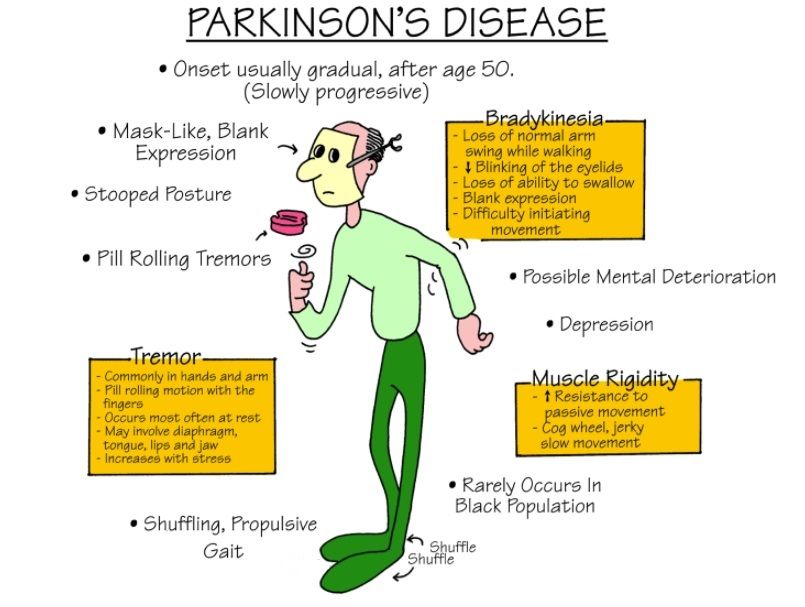Slowly but surely, human beings are finding answers referencing sickness and maladies …. …. and they are good answers. So lets cheer up !!!
The question from 100 years ago about the Parkinson's disease has just been answered. A scientific team claims to have found the first direct evidence that the immune system attacks the brains of Parkinson's patients.
That hypothesis was first suggested almost a century ago, but so far it had not been confirmed. The finding, detailed in the journal Nature, implies that drugs to calm the immune system could help manage the disease.
In order to carry out the investigation the blood of 67 patients with Parkinson's was analyzed, to see if they could find evidence of autoimmunity.
Parkinson's disease causes progressive damage to the brain that causes tremors and movement difficulties. In parallel, very high levels of the alpha-synuclein protein accumulates in the patients' brains.
Researchers at the Columbia University Medical Center and the La Jolla Institute for Allergy and Immunology found that T cells, which are part of the immune system, were attacking alpha-synuclein. That implies that the immune system of the patients identifies that protein as a foreign invader, as if it were a bacterium or a virus.
Researchers believe the immune system is likely to try to rid the body of alpha-synuclein and in that process, kills brain cells in the places where those proteins accumulate.
"The idea that a failure in the immune system contributes to Parkinson's disease goes back almost 100 years," a Columbia University investigator says. "But until now, no one had been able to connect all the points."
I would not dare to describe how it must feel; still Ali seems to have overpowered all and enjoyed life as it was provided to him.

It is believed that this study fits in with another emerging hypothesis about Parkinson's disease: that the disease can begin in the intestines.
It is suspected that T-cells first identify alpha-synuclein at the periphery, particularly in the nervous system of the intestines, which is not a problem, until T-cells enter the brain.
As such, findings suggest the possibility of using a strategy with immunotherapy to increase the immune system's tolerance towards alpha-synuclein, which may help improve or prevent worsening Parkinson's disease symptoms.
The research gives more weight to the radical idea that the condition may involve a failure or confusion of the immune system, which damages our own cells; so it is a need to understand a lot more about how the immune system can be involved in the complex chain of events that contribute to Parkinson's disease.
All this presents a new and exciting way to explore the development of new treatments that may slow or stop the progression of the disease.
References:
http://www.nature.com/nature/index.html
http://www.cumc.columbia.edu/
http://www.pdf.org/about_pd
http://www.webmd.com/
http://www.lji.org/
Are you into this type of topics, plus others like science, technology, human state, politics? Keep the conversation alive …. UPVOTE & perhaps, RESTEEM, and in addition you might want to click on the FOLLOW for further interesting posts. I do appreciate your comments,

Great news! I have witnessed the debilitating disease first hand. Optimistic there is hope for the next decades with genetic odds favoring it will affect me or my sister.